| "For crying out loud, do you really think you're going to take the vaccine and grow antlers?" -West Virginia Gov. Jim Justice on vaccine hesitancy
Welcome to "Face the Nation"'s Five at Five newsletter. Scroll down for your five takeaways from today's broadcast of "Face the Nation" with Margaret Brennan on CBS. Did someone forward you this? Sign-up at cbsnews.com/email. 1. Fauci: Vaccine supply to increase dramatically in weeks to come 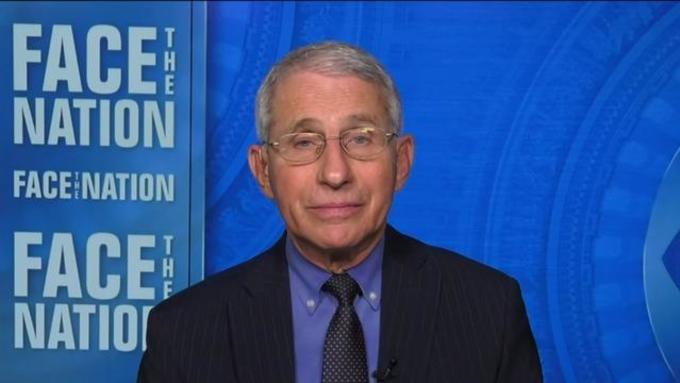 Dr. Anthony Fauci, chief medical adviser to President Biden, said Sunday on "Face the Nation" that the number of vaccine doses available will sharply rise in the coming weeks following federal approval of a third coronavirus vaccine. What we asked: "We're going into warmer weather. Is it going to feel safer, and then in the autumn, we have to pull back again?" What Fauci said: "...We need to gradually pull back [on restrictions] as we get more people vaccinated, and that is happening every single day, more and more people, and particularly as we get more doses, which are going to be dramatically increased as we get into April and May." Why it matters: The U.S. is now administering at least 2 million shots each day, and 87.9 million doses have been given, according to the Centers for Disease Control and Prevention (CDC). Mr. Biden has predicted that by the end of May, there will be enough vaccine supply to cover all adults, while Fauci said high school students likely will be able to receive their vaccines by the fall term and elementary school students by the first quarter of 2022. Fauci also said that as the vaccine supply increases, the federal government will "have to put a big push to get it into people's arms." "But by that time, we're going to be doing much, much better," he said. "We're going to have community vaccine centers, vaccine in pharmacies." 2. COVID a year later: What local leaders are saying 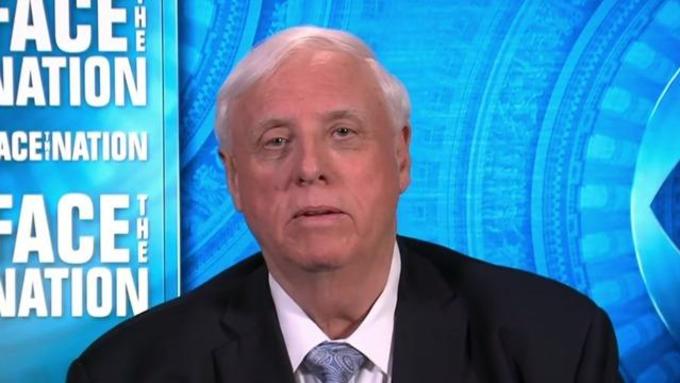 We spoke with two governors for a look at how they have been tackling the COVID-19 crisis and handling the latest issue of vaccine distribution. Both New Jersey's Phil Murphy and West Virginia's Jim Justice says the push right now is to get more residents with vaccines in their arms before lifting any kind of state-issued mitigation mandate. What Murphy said: "...with a pandemic, it's been as my late mother would say, a big cross to bear. And that is also a contributing factor as to why we also got hit hard with the second wave. We assume, by the way, that the New York City variant that you and Dr. Fauci were talking about is in New Jersey. So that's another example that we're in the densest not just state in the country, but the densest region of the country with lots of commuting back and forth, lots of common behavior, whether it's work or otherwise. And that's just the reality. And we'll do everything we can to- to push back at that." What Justice said: "I don't like the mask either, but when it really, really boils right down to it, I have a saying, you know, one, robin doesn't make spring. And, you know, when the first robins start coming back, if you just react and run out, oh, you know, it's wonderful, it's spring, it's spring, you're about to get hit by a winter storm and absolutely get your butt handed to you. You know, in this situation, we need to be a little more cautious. Nobody likes a mask. But for crying out loud, if we could be a little more prudent for 30 more days or 45 more days or whatever it took for us to get on rock-solid ground, that's the approach West Virginia is going to take, and that's the approach that I think it should take." Why it matters: While more states across the country are moving to ease their statewide restrictions like mask mandates and return to "100 %" open, both governors, Democrat and Republican respectively, are siding with medical experts in trusting science over political pressure to ensure a safe return to "normal." 3. Gottlieb warns virus variants could cause cases to tick up 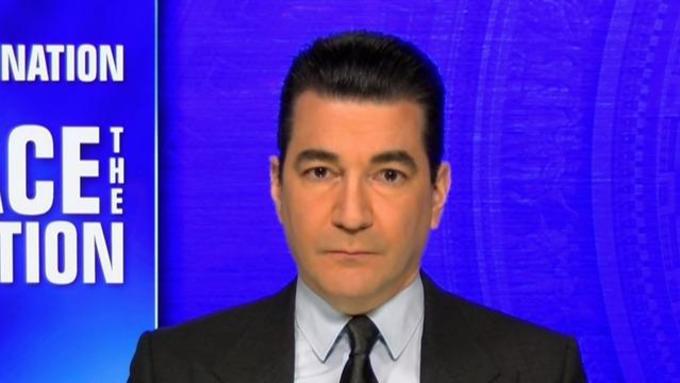 Former Food and Drug Administration Commissioner Dr. Scott Gottlieb suggested Sunday on "Face the Nation" that new coronavirus variants circulating in the U.S. could lead to a slight uptick in infections but said a surge in new cases is unlikely. What we asked: "How widespread is this New York variant?" What Dr. Gottlieb said: "There's probably some crossover in the immunity you get from B.1.1.7 and immunity against those other strains. That's going to probably cause infections to tick back up. I don't think we're going to see another surge of infection this spring, but we might see a plateauing before we see continued declines again." Why it matters: The U.K. strain, of which there are more than 2,600 reported cases in 48 states, has been found to be more transmissible and deadly than the original strain of the virus, and public health experts have stressed the new variants underscore the need to vaccinate Americans quickly. More than 87.9 million COVID-19 vaccines have been administered, according to the Centers for Disease Control and Prevention (CDC), and President Biden has predicted by the end of May, there will be enough vaccine supply to cover all adults. 4. Crump's push for police reform 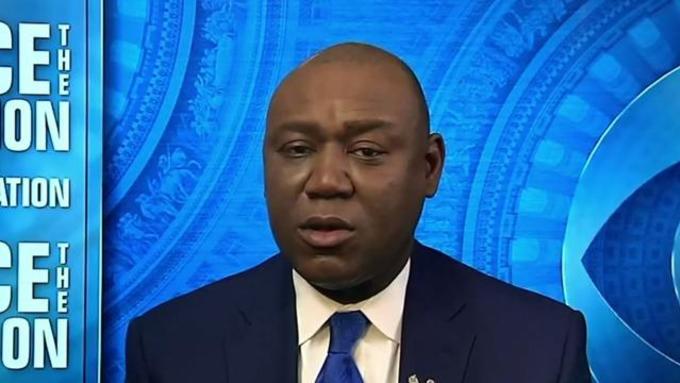 Ben Crump, the civil rights attorney who represents the family of George Floyd, appeared on "Face the Nation" and urged President Biden to make police reform a priority of his administration, saying the issue could become a defining part of his legacy. What Crump said: "It is my hope that President Biden, who said that this was going to be a priority for him to get policing reform, that he will not ever forget those conversations with George Floyd's family, those conversations with Breonna Taylor's broken-hearted mother, those conversations with Jacob Blake, who's paralyzed, because their lives matter. Black lives matter," Crump said Sunday on "Face the Nation." Why it matters: The prominent civil rights attorney noted that Mr. Biden enjoyed overwhelming support from African Americans who "voted in these cities like Atlanta and Milwaukee and Detroit with George Floyd and Breonna on their mind," helping to deliver Mr. Biden the presidency. During the presidential campaign, Mr. Biden vowed to create a police oversight board within his first 100 days in office, and said he supported "conditioning federal aid to police based on whether or not they meet certain basic standards of decency and honorableness." Last week, the House passed the George Floyd Justice in Policing Act, which would ban chokeholds, no-knock warrants and reform qualified immunity, the legal doctrine that shields police from civil liability for official conduct. Mr. Biden hailed the bill's passage, but it appears likely to stall in the Senate, where it would need the support of 10 Republicans to advance. 5. Take a listen: Seven Seven Six and Reddit's Alexis Ohanian 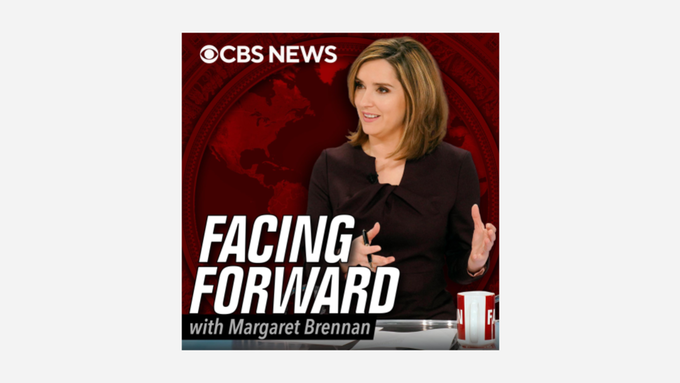 In this latest episode of Facing Forward, Margaret Brennan interviewed Alexis Ohanian - founder of Seven Seven Six and co-founder of Reddit, for a look at how COVID-19 has tore open existing social divides on tech, gender, work-life balance and more. Hear more of the conversation here. Final Five thought: Asian American hate crimes 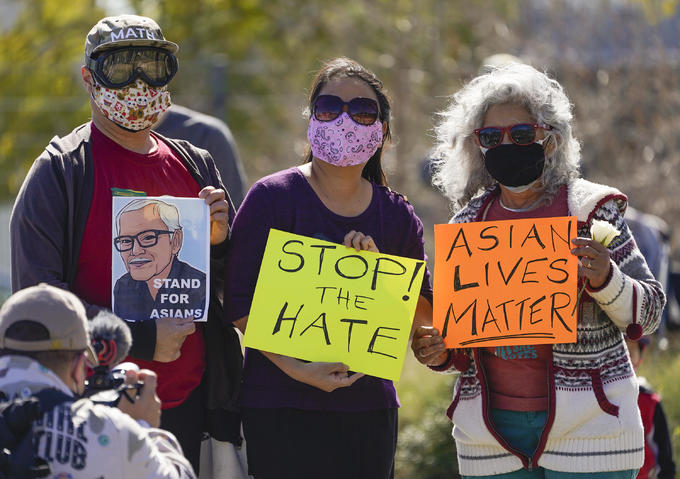 We leave you with a look at what else caught our eye this week -- an important but underreported story. Around the country Asian-Americans are reporting a spike in hate crimes but in some states, it's still hard to prosecute their attackers. A handful of states including Wyoming, Arkansas, Indiana and South Carolina still don't have anti-bias laws on the books, according to the Anti-Defamation League. Now, at the federal level there is renewed pressure to close these legal loopholes. California Congresswoman Judy Chu, a Democrat who charis the Asian Pacific American Caucus, is advocating for a new law that would allow the Department of Justice to give grants to states and local governments to improve the way hate crimes are tracked and reported. "Stop AAPI Hate", an advocacy group that tracks cases, says more than 3,000 incidents have been reported since the pandemic began last March. And last month, President Biden issued an executive order calling for the federal government to begin collecting data about incidents directed at Asian Americans and Pacific Islanders. A step that could make a big difference for the Asian American community and potentially for all communities of color.
|
No comments:
Post a Comment